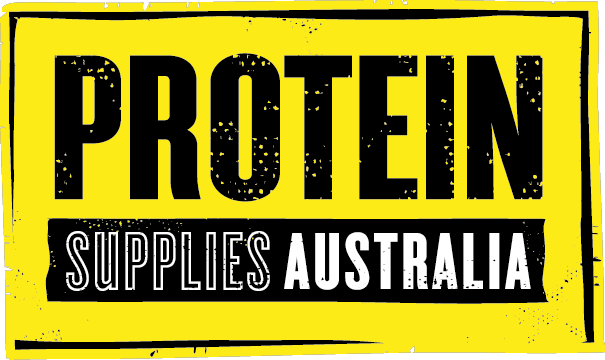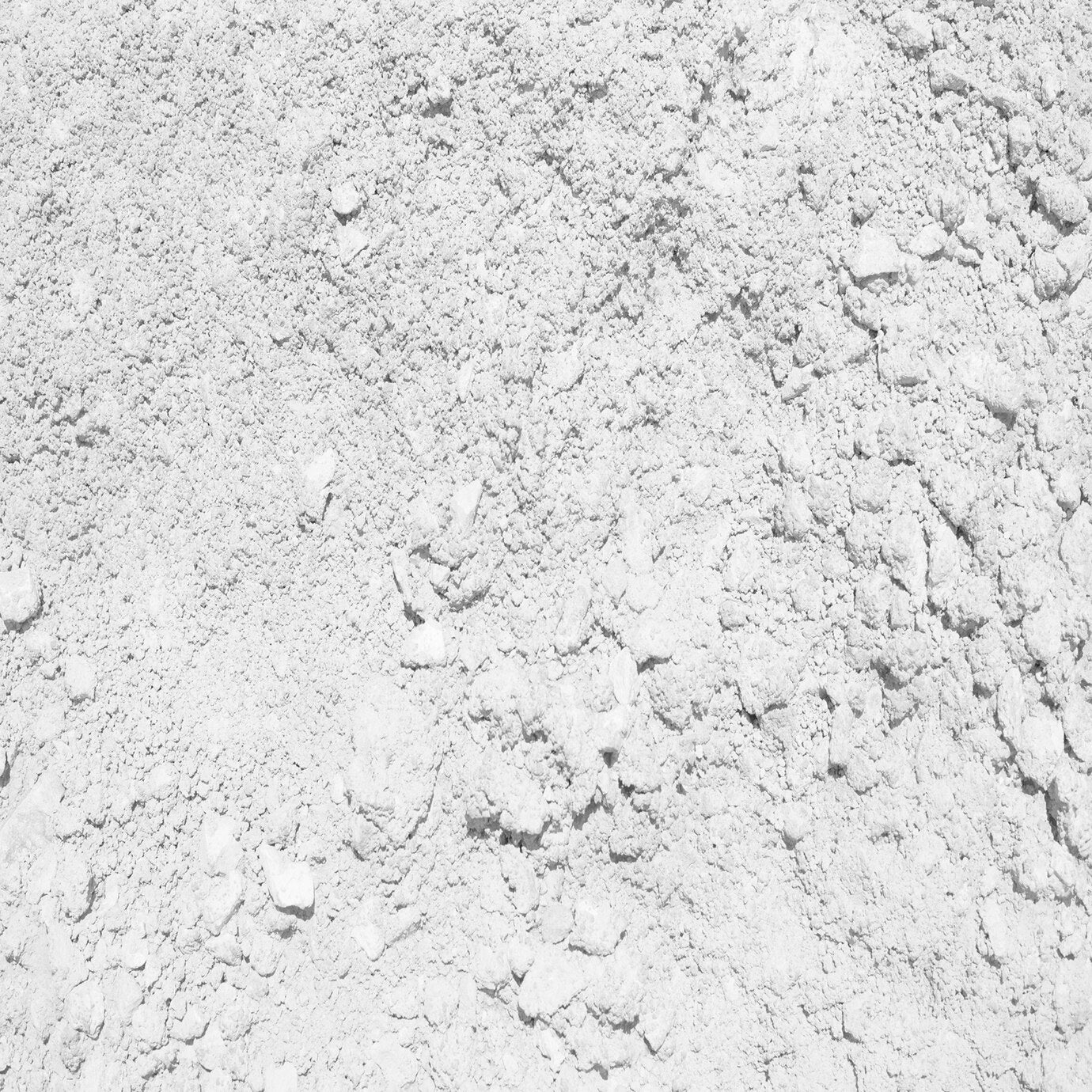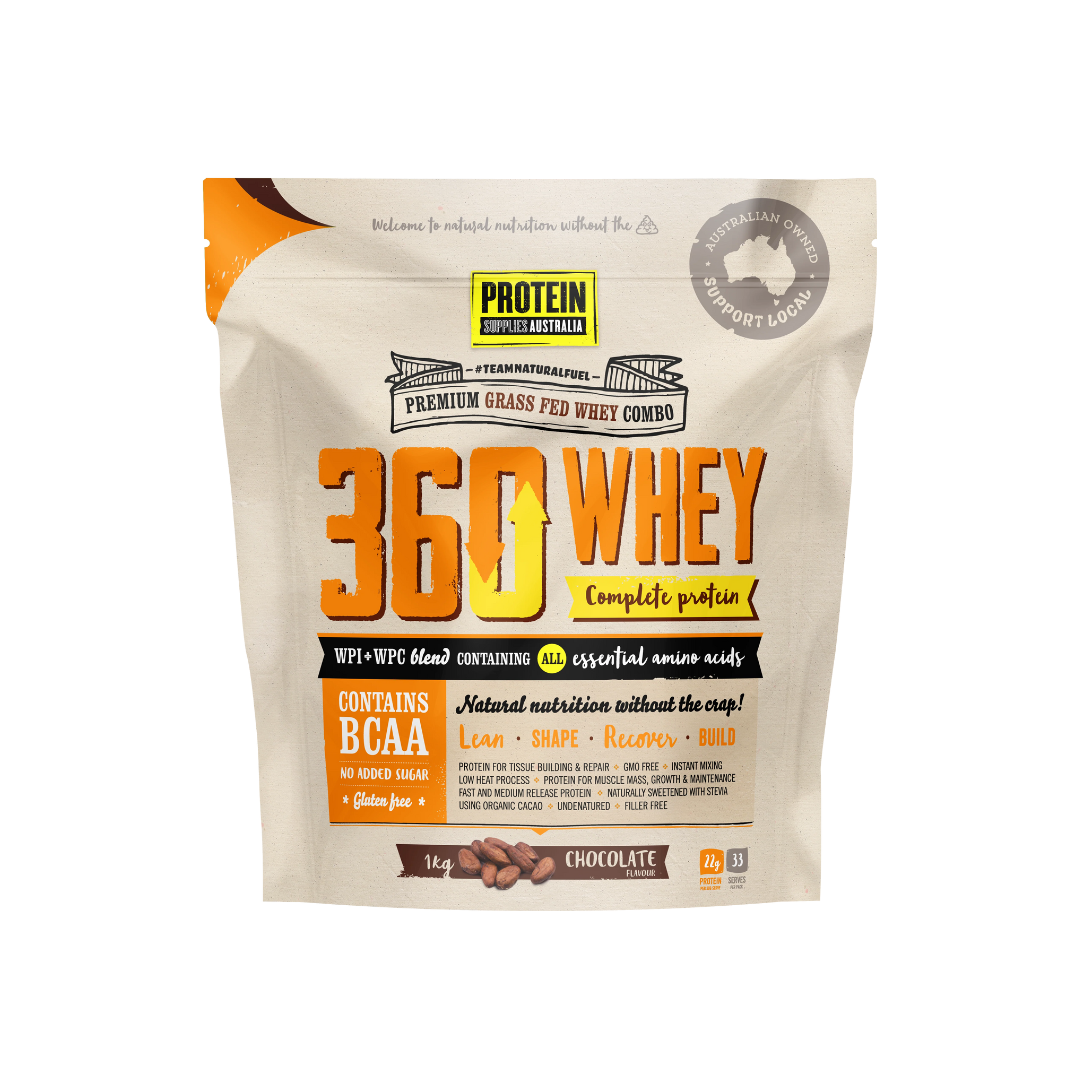If you’re following a gluten free diet due to gluten intolerance, coeliac disease, or simply a lifestyle choice, you might be wondering: Is whey powder gluten free? The simple answer is yes—whey protein itself is naturally gluten free.
However, not all whey protein powders are guaranteed to be safe if you’re avoiding gluten. Understanding the difference between pure whey protein and protein powders with additional ingredients is essential if you want to stay healthy and avoid any risk of cross contamination.
Understanding Gluten Intolerance
Gluten intolerance is a condition where individuals experience adverse reactions after consuming gluten, a protein found in wheat, barley, and rye. There are several types of gluten intolerance, including celiac disease, non-celiac gluten sensitivity (NCGS), and wheat allergy.
Celiac disease is an autoimmune disorder that causes the immune system to react to gluten, leading to damage in the small intestine. This can result in a range of symptoms, including digestive issues, fatigue, joint pain, and skin rashes. If left untreated, celiac disease can lead to serious health complications such as malnutrition, osteoporosis, and an increased risk of other autoimmune disorders.
Non-celiac gluten sensitivity (NCGS) is a condition where individuals experience symptoms similar to celiac disease, such as digestive discomfort and fatigue, but without the same level of immune system activation or intestinal damage. Wheat allergy, on the other hand, is an immune system reaction to one of the proteins in wheat, which can cause symptoms such as hives, itching, and difficulty breathing.
For those with gluten intolerance, a gluten-free diet is the primary treatment. This involves avoiding all foods that contain gluten, which can be challenging given that gluten is found in many common foods like bread, pasta, and baked goods. However, with careful planning and the availability of gluten-free alternatives, it is possible to maintain a balanced and nutritious diet.
What is Whey Protein?
Whey is a by-product of cheese-making, derived from milk. After the milk has been curdled and strained, whey protein remains. It’s a highly digestible protein source, commonly used in protein shakes, dietary supplements, and food products aimed at muscle growth or recovery. There are three main types of whey protein:
-
Whey concentrate
-
Whey isolate
-
Whey hydrolysate
All three types are gluten free, as they do not contain gluten by themselves. Whether you choose whey isolate for its higher protein content or whey concentrate for its balanced nutrition, both can be included in a gluten free diet when they are pure and unflavoured.
However, it is important to check the ingredients list for gluten content in whey powders, as many products contain additives beyond just whey.
When is Whey Protein Powder Not Gluten-Free?
Even though whey in its pure form is gluten free, many whey powders available on the market are not purely whey protein. Manufacturers often add other ingredients to improve taste, texture, or shelf life. These added ingredients can include modified food starch, artificial flavourings, preservatives, and sometimes thickeners made from wheat, barley, or rye. These additives may introduce gluten containing ingredients, making the product unsuitable for those with coeliac disease or gluten intolerance.
Additionally, cross contamination can occur during the manufacturing process. Even if the whey protein powder doesn’t list gluten-based ingredients, it could be processed in facilities that handle wheat flour or other gluten sources.
Benefits of Gluten-Free Whey Protein
Gluten-free whey protein is a popular choice among athletes and fitness enthusiasts, as it provides a convenient and easily absorbed source of protein. Since whey protein is naturally gluten-free, it is an ideal option for individuals with gluten intolerance or sensitivity. Many gluten-free whey protein powders are also certified by third-party organisations, such as the Gluten-Free Certification Organisation (GFCO), ensuring that the product meets strict standards for gluten-free status.
There are several benefits to choosing gluten-free whey protein:
-
High-Quality Protein: Whey protein is a complete protein source, containing all nine essential amino acids that the body needs to build and repair tissues.
-
Easy Absorption: Whey protein is easily absorbed by the body, making it an ideal choice for post-workout recovery and muscle growth.
-
Convenience: Gluten-free whey protein powders are easy to mix with water or other liquids, making them a convenient option for busy lifestyles.
-
Versatility: Gluten-free whey protein can be used in a variety of recipes, including smoothies, protein shakes, and baked goods.
When choosing a gluten-free whey protein powder, it’s essential to read the label carefully and look for certifications from reputable organizations. Additionally, be aware of potential cross-contamination with gluten during manufacturing, and choose a product from a reputable manufacturer that follows strict quality control measures. This ensures that you can enjoy the benefits of whey protein without compromising your gluten-free diet.
How to Choose a Gluten-Free Whey Protein Powder
If you are concerned about gluten in your whey protein powders, here are a few tips:
-
✅ Look for a certified gluten free product label on the packaging. This ensures the product meets strict gluten-free standards.
-
✅ Check the ingredients list carefully for any hidden gluten containing ingredients like wheat, barley, rye, or modified food starch. It's important to ensure the whey protein powder is truly whey gluten free by looking for certifications and checking the ingredients list.
-
✅ Be cautious with flavoured protein powders, as each flavour might have different additional ingredients that could contain gluten.
Is Whey Protein Safe for People with Coeliac Disease?
Yes, as long as the whey protein powder is certified gluten free, it is generally safe for individuals with coeliac disease. People with this autoimmune condition need to be extra cautious, as even small amounts of gluten can trigger serious health issues. For added safety, stick to pure whey protein isolate or concentrate that has been tested and confirmed to be free from gluten.
Final Thoughts
Whey protein is an excellent choice for people looking to build muscle, support recovery, or add more protein to their diet, even if they are avoiding gluten. While whey protein itself is naturally gluten free, it’s essential to carefully read labels and verify that the protein powder you choose does not contain gluten or risk cross contamination. This is particularly important for whey powders, as not all whey powders are gluten-free and may contain additives. By taking these precautions, you can enjoy the benefits of whey protein without compromising your gluten free diet.
Key Takeaways:
-
Pure whey protein from milk does not contain gluten
-
Watch for additional ingredients in protein powders that may introduce gluten
-
Look for certified gluten free products to ensure safety for those with gluten intolerance or coeliac disease
-
Whey isolate and whey concentrate are both good choices when confirmed gluten free
-
Always double check the label, especially with flavoured protein powders








Collagen Peptide Benefits: The Complete Guide to Healthier Skin, Joints, and More
Protein Shake With Milk or Water?